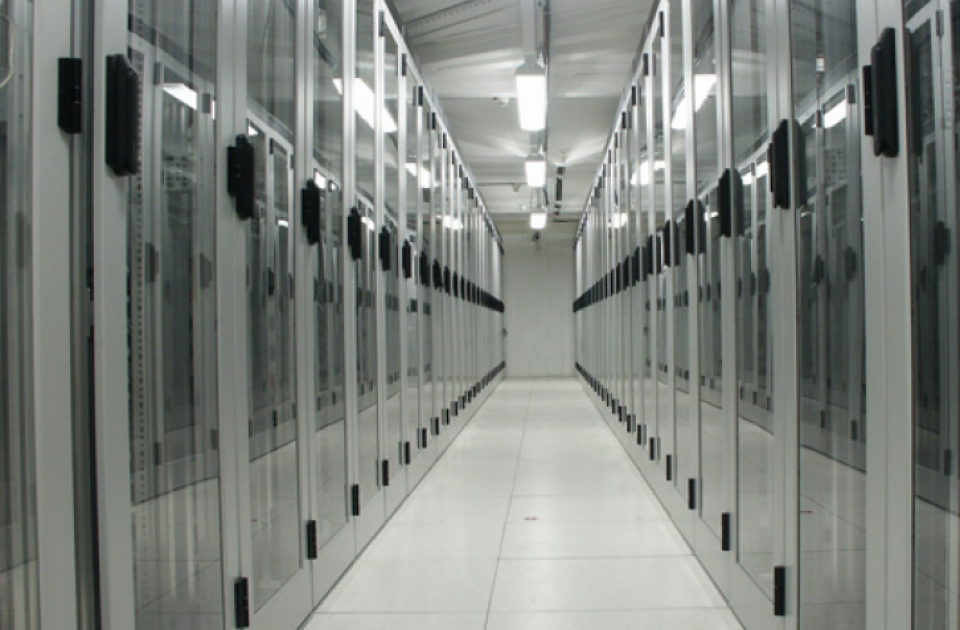
Tier is the system of data-center classification that was developed approximately 20 years ago. It is used currently to show the level of reliability of data-center. This system was updated several times and now is known as the global standard of data-center evaluation.
In this system there are 4 levels - the maximum level is IV, the minimum - I. Each next level includes all requirements of the last level and also has individual ones.
Tier I. Data-center of such class is an object dedicated to support of office services and applications. Such data-center deploys minimal reserve systems number, including UPSs, permanent conditioning systems and reserve generator.
Tier II. Data-center of such class includes all Tier I requirements and also has significant power for main system duplication, including electricity and cooling. This all allows to repair main system when it goes out of order and use reserve one at the same time.
Tier III. This data-center doesn't need any halts or stops in operation for making maintenance works or repairs. All systems have reserve that means that any of them may be disabled without any problems and backup system can be used.
Tier IV. The data-center of such level won't stop even if all main systems and backup systems fail because all main systems are duplicated several times.
It is necessary to say that the costs of maintenance of data-center of higher level are significantly higher. Data-centers of different tiers are used for different purposes so you cannot say that data-center of Tier IV is better than data-center of Tier I.



comments